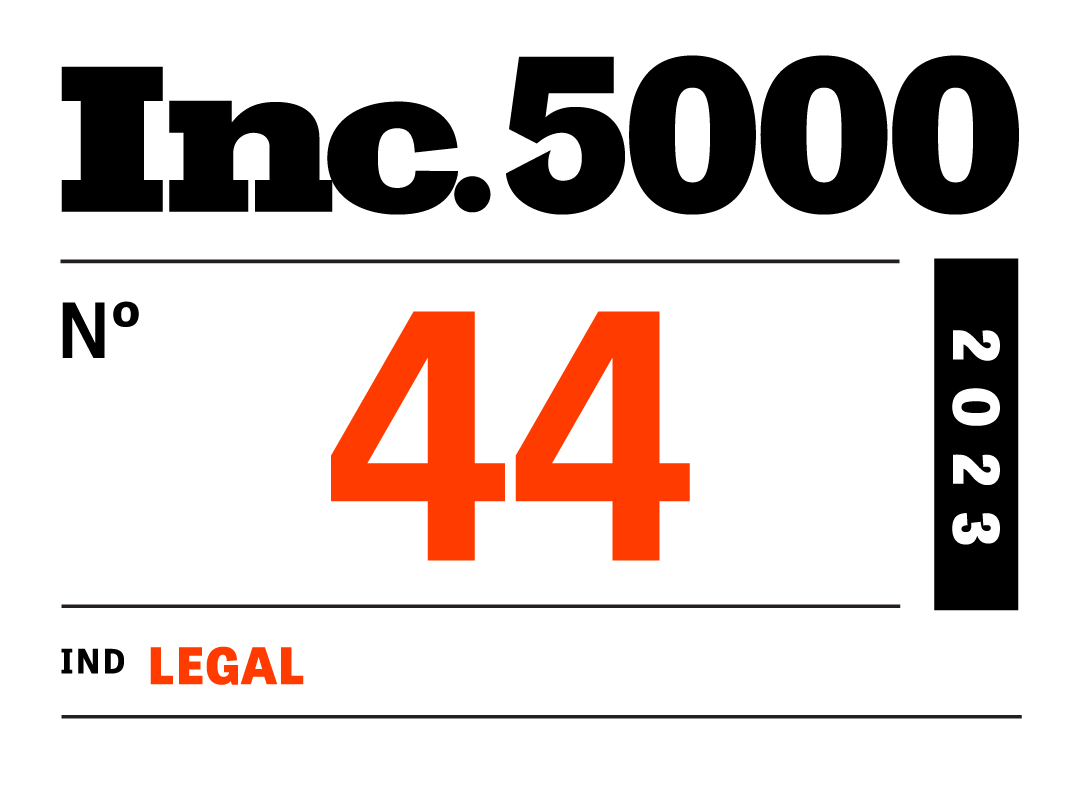By Collin McKean
Attorney, McKean Smith
Major provisions of Oregon’s new equal pay law are taking effect beginning January 1, 2019, including a prohibition on employers from discriminating in the payment of wages and other compensation against or between employees on the basis of any protected class. In addition to salary or hourly wages, compensation includes benefits such as paid time off, retirement plans, non-discretionary bonuses, raises, and more. Beginning in January all employees who perform work of a “comparable character” in a similar manner must be compensated in the same manner. “Work of comparable character” is currently defined by the Bureau of Labor and Industries (BOLI) as “work that requires substantially similar knowledge, skill, effort, responsibility and working conditions in the performance of work, regardless of job description or job title.” However, employers do not yet have clear regulatory guidance on how to categorize work of comparable character in order to avoid equal pay claims. Proposed regulations identify more than 50 individual factors when determining work of a comparable character, with no one factor being determinative.
Violations of the equal pay law may open the door to wage claims against the employer and each time compensation is paid in violation of the law’s anti-discrimination provisions, a new violation may be recognized under the law. In addition to back wages owing to the employee, the new law also provides for additional compensatory awards for pain and suffering and punitive awards against the employer in appropriate circumstances, as well as attorney fees and costs.
In addition, since October 6, 2017, employers have been prohibited from determining the current compensation for new employees based on their compensation history at previous positions. BOLI will enforce violations of this aspect of the equal pay law on behalf of aggrieved employees beginning on January 1, 2019. Private lawsuits may be filed by aggrieved employees to enforce this aspect of the equal pay law beginning in 2024.
The law provides a safe harbor opportunity for employers against compensatory and punitive damages if the employer has performed a good faith equal-pay analysis within three years prior to any claim and has made substantial progress towards eliminating wage disparities in reliance on the equal-pay analysis. The equal-pay analysis performed by the employer must be “reasonable and detailed in scope in light of the size of the employer.” Employers may not reduce the pay and compensation of current employees in order to create pay equity with other employees performing work of a comparable character. Regardless of whether the employer is granted relief from an award of compensatory and punitive awards, where an equal-pay violation has occurred the employee is still eligible to recover back pay for the two-year period immediately preceding the filing of the action.
If you have concerns about whether or not your business is in compliance with this and other Oregon laws, contact our office for a consultation.























